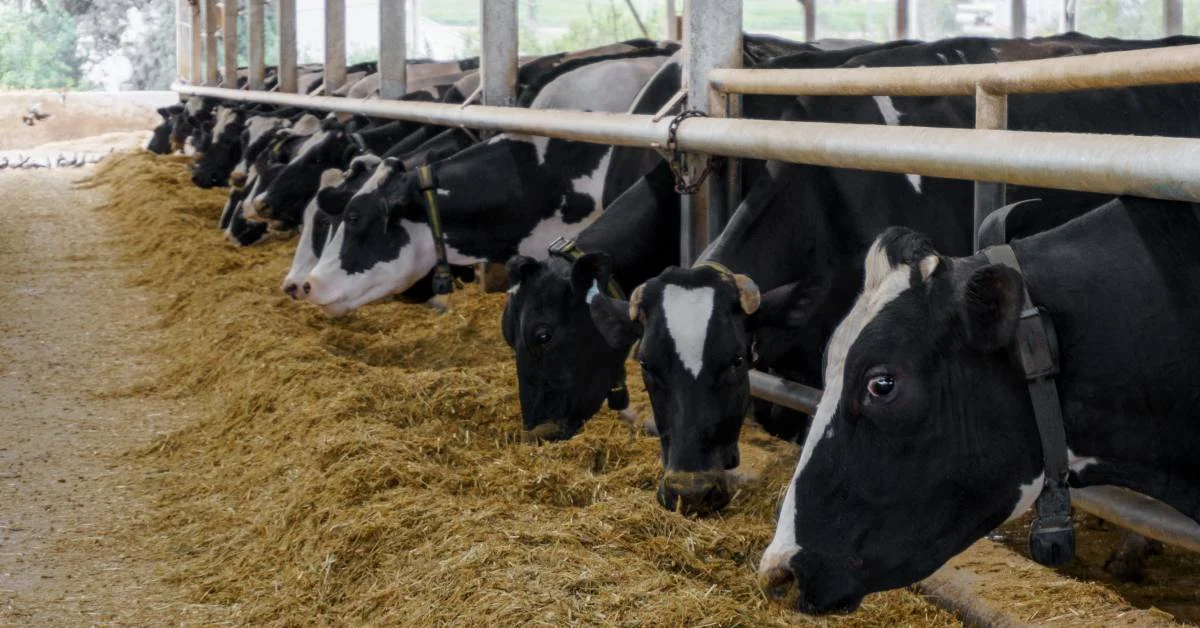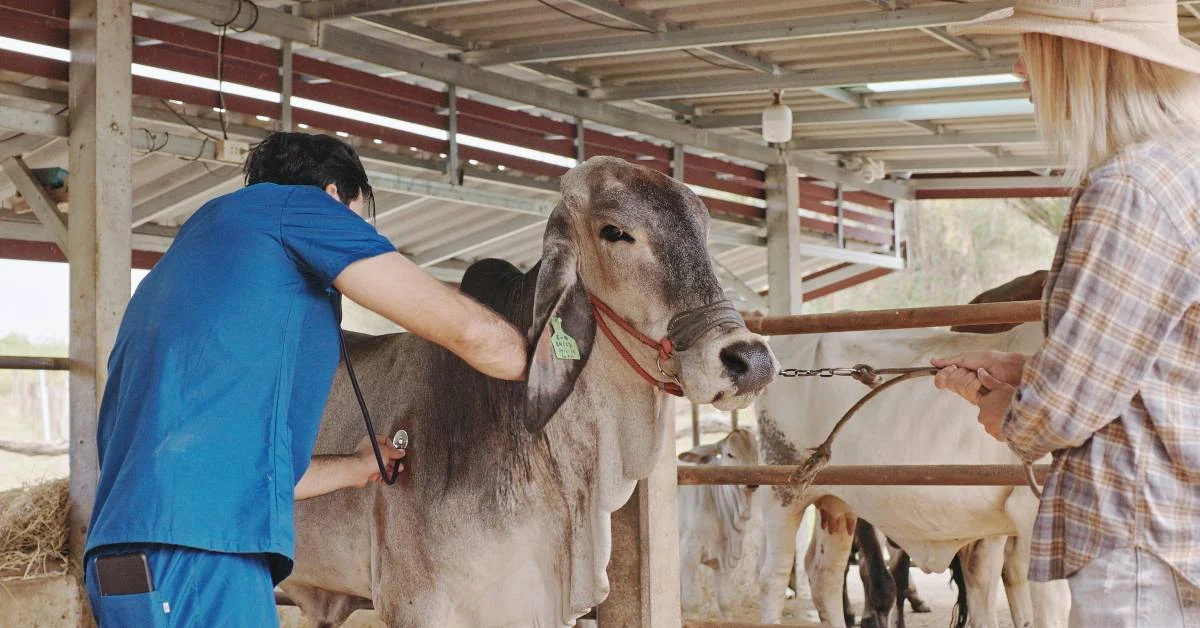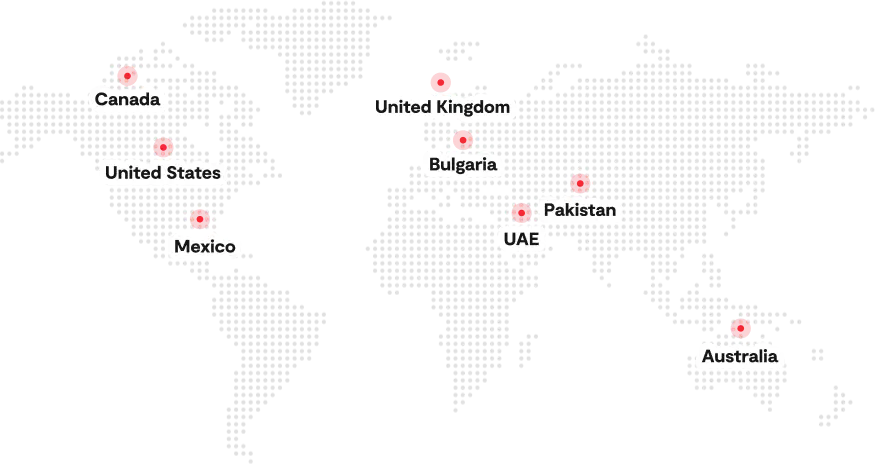The Food Safety Modernization Act
The FDA Food Safety Modernization Act was passed in 2011 that all food manufacturers must follow to ensure food safety. This act was passed to introduce new methods and standards to ensure all the food manufacturers and suppliers are aware of the food safety standards and regulations. To follow this act, all the food manufacturers and the food distributors delivering the food to the consumers must know the food safety essentials.
This article will cover all the details of the FDA Food Safety Modernization Act and why it must be followed by the food manufacturers and the food suppliers. Reading on will also help you know about the five essential elements of food safety.
The Important Must-Know FSMA Elements
According to the Center for Disease Control (CDC) research in America, up to 128000 people were hospitalized due to the improper manufacturing of the food they ate. While there were 3000 deaths due to lagging in food safety. FDA has provided the best opportunity to maintain the quality and safety of food by following the Food Safety Modernization Act.
Here, we will briefly discuss the five essential elements that every food manufacturer and supplier must know to follow the Food Safety Modernization Act.
1. Fees to pay for Producers and Merchants
According to this law, food manufacturers, suppliers, and inspectors have to pay registration fees of $500 annually to increase the awareness of the buyers or consumers and human resources.
2. Compulsory Safety Standards for the Area of Business
Since there were so many rules and instructions to follow by the food manufacturers and the suppliers, it was hard to understand and follow them. Considering this, FDA has made it easy to follow the rules by introducing new and easy rules for food manufacturers and categorizing them according to the size of businesses. Food manufacturers and suppliers need to find the list of rules according to their type of business and follow them. Embracing specialized FSMA software can further simplify compliance with these regulations.
3. Essential Regular Inspection of the FDA
To ensure the quality and the safety of the food by following the new rules, according to the law, the FDA has the power to visit your area of business and inspect all the things. FDA is also intended to ensure the safety of the food by daily inspections.
4. FDA Mandatory Recalls
During the process of food manufacturing, it is possible to neglect the contaminated quantities. According to the FDA, the prevention of the spread of these contaminants is a must as these can be harmful to anybody. To ensure its safety, the FDA also has the power to support recalls for the satisfaction of the consumers.
5. Disciplinary Models for Non-Compliance
According to the Food Safety Modernization Act (FSMA), the FDA has the authority to cancel the registration of any food manufacturing company. If they find any harmful method, ingredient, non-compliance, or any harmful element in the production of the food. So, the FDA has introduced new models that must follow to ensure food production safety.
What is its Future?
As the Food Safety Modernization Act was passed just a few years ago, so the changes, modifications, new rules and strategies, and methods are in process to ensure the safety and the quality of the food manufacturing by the companies and distributed to the consumers the suppliers. The FDA is working on the new methods and plans because the FDA is passionate about the health of the people eating these foods.
Be aware and make yourself up to date about the new rules applying to this law. The food manufacturers and the food suppliers are just needed to find the updates according to the size of their businesses.
How Food Software Can Aid in Recall Readiness
As highlighted in point 4, the FDA remains vigilant in monitoring consumer complaints to uphold food safety measures. To facilitate this, businesses should adopt suitable FSMA software solutions tailored to their specific business size. These software solutions enable comprehensive data management related to food production, ensuring readiness for efficient recall processes, if the need arises. By centralizing information on warehousing, production methodologies, food preparation, ordering processes, and more, businesses can effectively respond to recalls and consistently maintain stringent food safety standards.







